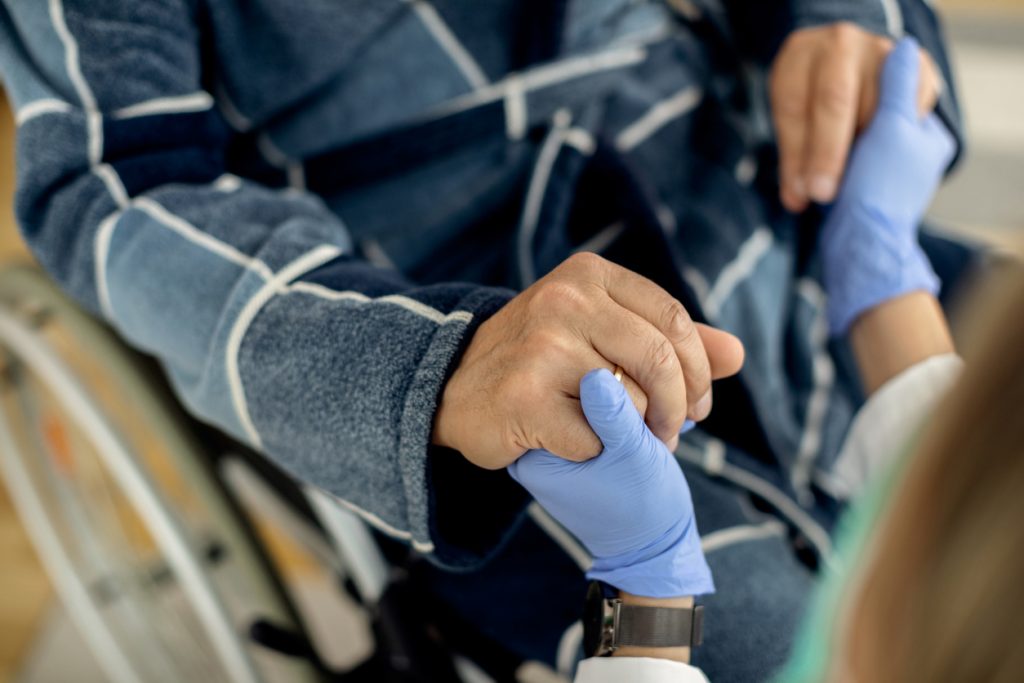When you put an aging or ill family member into care, you expect the facility to take better care of them than you can yourself. Unfortunately, that doesn’t always happen. If you suspect nursing home abuse and are not sure what to do next, read on. It may be in your best interest to take the following steps.
Speak to Your Family Member
Before requesting the help of a law firm, find out as much as you can from the family member in the nursing home you believe is being abused. As gently as you can, ask questions about injuries you can see, and ask if anyone has been treating them in a way they do not like. If your loved one is extremely ill and unable to clearly provide the answers you require, it might be time to dig a little deeper.
Talk to Nursing Home Staff
If you have noticed any signs of infections, malnutrition, bedsores, agitation, or anything else out of the ordinary, talk to nursing home staff about what you have seen. It is important not to jump to conclusions, as not all seemingly common signs of abuse are as straightforward as they seem. If you cannot get the answers you are looking for, or no member of the nursing staff can or will shed light on what you have noticed, take the issue higher up to nursing management.
Gather Evidence
If you notice clear signs of elder abuse, regardless of whether your loved one has or can speak out about it, take notes and gather evidence that reinforces your belief. If your family member consents, take photos of any injuries you can see.
It can also be worth writing notes of things you notice in the facility that do not seem right to you. Where possible, write down the names and job positions of people you have spoken to.
[ymal]
Get the Authorities Involved
There may be no doubt in your mind that your loved one is being abused or neglected in a nursing home facility. For their safety and the safety of all other care home residents, call the police to file a complaint. They may deem it appropriate to intervene or recommend contacting the National Center on Elder Abuse.
All nursing homes must provide the contact information of the local ombudsman. By calling them, you can make sure that your concerns are thoroughly investigated and not swept under the rug. At this point, you may also like to consider relocating your loved one to a facility you believe will care for them well.
Consult a Nursing Home Abuse Attorney
As common as elder abuse is, it does not make it right. Once you have taken the appropriate steps within the facility, it may be time to contact a nursing home abuse lawyer. They can advise you of your rights while also ensuring that your loved one receives the compensation they deserve for their neglect or abuse.
It can be heartbreaking to realise that the very care home you put your family member into to be safe is the same one that is causing them to be unsafe. If you notice any strange injuries or changes in behaviour, do not be afraid to take action.





















